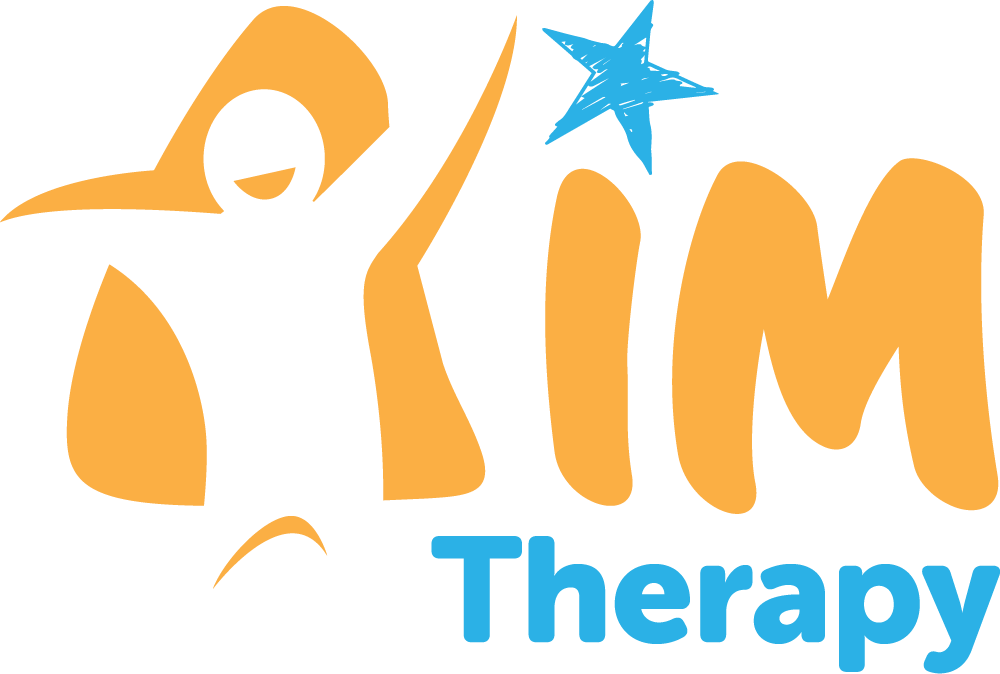Hearing Loss
Learning to talk requires the ability to listen first.
As an infant we hear our parents and others around us speak and begin to make sense of these patterns of sound. Through this exposure to language, we learn to talk for ourselves. This is why it is so vital that hearing is assessed in young children.
When should my child’s hearing be assessed?
- All children should be screened at birth through the Newborn Hearing Screen.
- Most children also undergo a hearing assessment in kindergarten.
- Often children require a hearing assessment between these times.
Hearing and speech-language development
Hearing is directly related to the speech and language outcomes of children and to educational abilities later in life. Children with hearing loss are more likely to have difficulty producing the sounds of speech as well as understanding and producing language. They are also more likely to repeat grades and require an Independent Education Plan (IEP).
Even mild hearing losses can result in speech and/or language delays. Children can also undergo periods of normal hearing as well as hearing loss due to ear infections.
If you notice any of the below sings, your child may require an audiology assessment:
- Pulling at ears
- Recurrent ear infections
- Difficulty following instructions
- Inconsistent hearing ability (e.g. some days they are able to follow instructions and a week later they do not)
- Not responding to their name when called
- Not responding to sounds around them e.g. dog barking, car tooting
- No responding when they are in another part of the house
- Indigenous children are also at an increased risk to hearing loss due to increased frequency of otitis media
- Difficulty producing speech sounds especially ‘quiet’ sounds e.g. “s,” “sh,” “f,” “t,” and “k
- Delay in language skills
References
Davis, J., Elfenbein, J., Schum, R. and Bentler, R. (1986). Effects of Mild and Moderate Hearing Impairments on Language, Educational, and Psychosocial Behavior of Children. Journal of Speech and Hearing Disorders, 51(1), pp.53-62.
Lieu, J. (2004). Speech-Language and Educational Consequences of Unilateral Hearing Loss in Children. Archives of Otolaryngology–Head & Neck Surgery, 130(5), p.524.
Shriberg, L., Friel-Patti, S., Flipsen, P. and Brown, R. (2000). Otitis Media, Fluctuant Hearing Loss, and Speech-Language Outcomes. Journal of Speech, Language, and Hearing Research, 43(1), pp.100-120.
